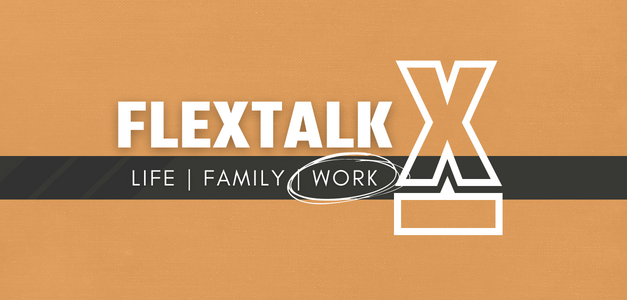If you’ve landed a job in a high-turnover industry, you know it comes with its own set of challenges. Maybe you’re tired of constantly seeing new faces at work or struggling to find your footing in an environment where employees come and go so quickly. Don’t worry, you’re not alone! Industries like retail, hospitality, and call centers demand some clever strategies to thrive and adapt. To learn how to make the most of your experience, read along to learn how to navigate working in a high-turnover industry.
Understand Why Turnover Happens
High employee turnover often stems from issues like seasonal demand, inconsistent schedules, or high-pressure environments. While these factors are unavoidable in many roles, understanding them can help you make more informed decisions about how to best handle your job.
Consider this insight a survival skill. By spotting the patterns that cause frequent turnover, you can learn what practices to avoid and take action to make your work life smoother.
Build Resilience in Rapidly Changing Environments
In high-turnover jobs, adaptability is your best friend. Every week (or even every day), you might interact with new coworkers or get tossed into unfamiliar situations. Instead of getting frustrated, stay open to change and try to view every adjustment as an opportunity to sharpen your skills.
If you’re not sure where to start, focus on organizing your daily tasks and developing a routine. Regardless of who is walking in or out of the door, having structure in your workday will help you feel more grounded.
The Value of Background Screenings
Background screenings matter for high-turnover industries because—even if they aren’t around for long—this process ensures your coworkers are reliable and trustworthy. While this might just seem like standard protocol, it works in your favor as an employee by creating a safer, more secure work environment.
When you feel overwhelmed by the influx of new faces at work, keep in mind that your employer is likely to have processes in place to safeguard both you and the company. Even when turnover is high, background checks make sure employers hire the right people for the job.
Build Relationships With Those Who Stay
While turnover means you’ll probably lose colleagues on a regular basis, not everyone will leave. You’ll find other long-haul workers who stick around, and they can turn into valuable allies. Building strong relationships improves teamwork and even makes your time at work more enjoyable. Lean into these connections to create a sense of stability, even during transitional periods.
Constantly needing to adjust to new coworkers may be stressful, but there are many ways to adapt and succeed, even when faced with uncertainty. By understanding how to navigate working in a high-turnover industry, you can take steps to ensure you don’t get swept up in the chaos of an ever-changing workplace.
- What coping strategies have helped you deal with constant change at work?
- How can you adapt your skills to thrive in high-turnover roles?
- Have you built relationships with long-term coworkers? How has that helped?
- What role does resilience play in navigating this kind of industry?
- How do you feel about background screenings where you work?


